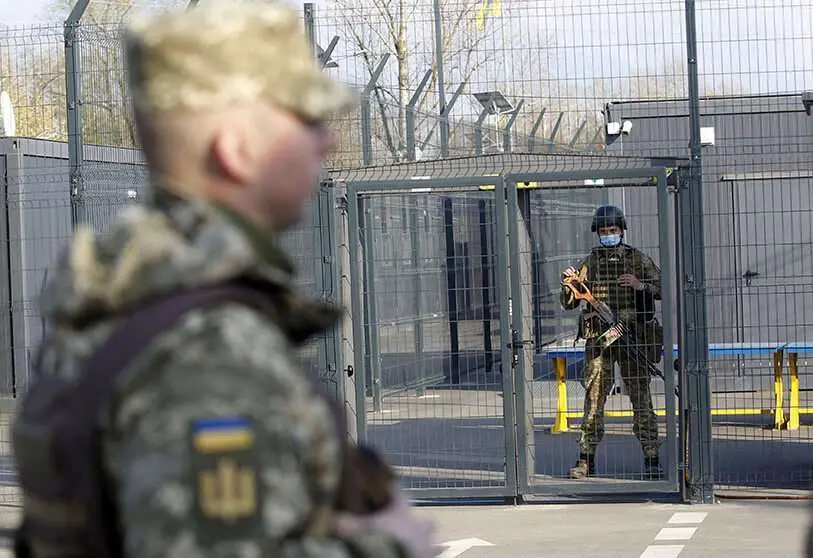Bantustans of Russia

We are on the way to a new fait accompli, and perhaps a new edition of looking the other way when the leader of the Kremlin gets it into his head that a particular country, because it once belonged to the empire of the Soviet Union, has no right to emancipate itself and govern its own destiny.
That the Duma has agreed to give its permission to President Vladimir Putin to recognise the independence of Ukraine's rebel Donbass provinces is the first step towards giving legal cover to what will in reality be a new operation to annex or conquer another country's territory. It has already done so with the Georgian regions of Abkhazia and South Ossetia, which have become theoretically independent countries, but which in reality are nothing more than Bantustans or protectorates of Russia, from which not only the integrity but also the very stability of the Caucasian republic with its capital in Tbilisi is threatened.
And, of course, it is the same strategy followed in 2014 with Crimea, a Ukrainian peninsula similar in size to Catalonia and a fundamental naval base for dominating the Black Sea, whose access is looking increasingly bleak for a Ukraine blockaded by the fleet and the siege of the Russian navy.
The eastern Ukrainian regions of Donetsk and Luhansk are thus preparing to be recognised by Moscow as independent states. In addition to the eight-year war that separatists in both territories have been waging against the Kiev army, the Kremlin's support has covered all sides, from distributing Russian passports to Russian-speaking Ukrainians with ancient roots, to providing military equipment for its protégés to make their territories impregnable to Kiev's offensives.
It is no secret that the Duma has done nothing but follow Kremlin directives. Vyacheslav Volodin, the speaker of the Duma, says that the initiative for this recognition came earlier this year from the Russian Communist Party (KPRF) and that, after being discussed by all parliamentary groups, the text of the recommendation to President Putin was approved at the end of last week. The deputies of the Russian chamber, in which the United Russia party has an overwhelming majority, created precisely so that the Russian president has a practically hegemonic base on which to support his designs, argue that "Kiev ignores the Minsk agreements", a sufficient condition in their opinion for Russia to take appropriate action to guarantee "the security of our citizens and compatriots".
It would not be surprising if the consummation of this new territorial plundering of a neighbouring country by Russia is viewed passively by the West, despite the pre-war warm-up of recent weeks. There will, yes, be sanctions and condemnation, but it is quite possible that once the Donbass is placed under the Kremlin's tutelage, there will be no turning back. Ukraine would have to make do and put up with the amputation of a part of its territory while Western chancelleries would be devising the corresponding arguments to justify that the loss of Ukraine is well worth it if it preserves peace and avoids a war that seemed imminent. The shadow of Neville Chamberlain, hovering once again over a European population perhaps too accustomed to viewing these vicissitudes as something far removed from their immediate surroundings and well-being. But once again Putin will have shaken up the international order if, as is becoming more and more predictable, eastern Ukraine is worth a retreat.


